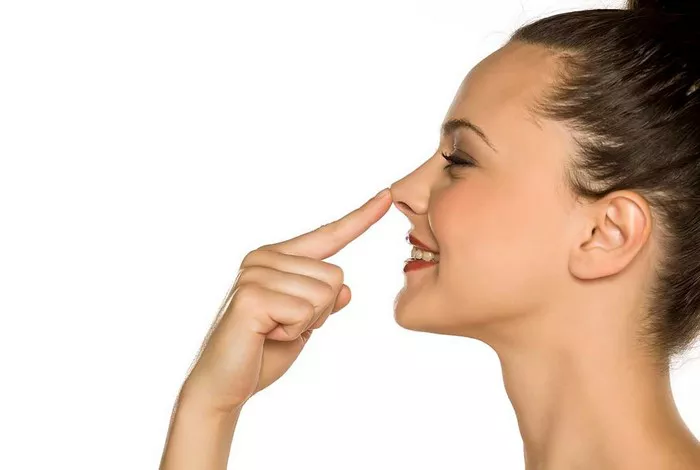Rhinoplasty, commonly known as a nose job, is a surgical procedure that involves altering the shape and size of the nose. It is a popular cosmetic surgery procedure that can help improve facial harmony and boost self-confidence.
After undergoing rhinoplasty, it is important to follow a healthy diet to ensure proper healing and recovery. In this article, we will discuss what to eat after rhinoplasty and provide some tips on how to promote faster healing.
Foods to avoid
After undergoing rhinoplasty, there are certain foods that you should avoid to prevent complications and promote faster healing. These include:
- Spicy foods: Spicy foods can irritate the nasal lining and cause inflammation, which can slow down the healing process.
- Alcohol: Alcohol can increase the risk of bleeding and slow down the healing process. It is best to avoid alcohol for at least two weeks after the surgery.
- Hot drinks and soup: Hot drinks and soup can also irritate the nasal lining and cause inflammation. It is best to consume these foods at room temperature or slightly warm.
- Carbonated beverages: Carbonated beverages can cause bloating and discomfort, which can be especially problematic after rhinoplasty surgery.
Foods to eat
After rhinoplasty surgery, it is important to consume a balanced diet that includes plenty of fruits, vegetables, lean protein, and whole grains. These foods can help promote faster healing and reduce inflammation. Here are some specific foods that you should consider adding to your diet:
- Lean protein: Lean protein sources such as chicken, fish, beans, and lentils are important for tissue repair and can help promote faster healing.
- Vitamin C-rich foods: Vitamin C is essential for collagen production and wound healing. Foods rich in vitamin C include citrus fruits, strawberries, kiwi, tomatoes, and bell peppers.
- Zinc-rich foods: Zinc is important for tissue regeneration and wound healing. Foods rich in zinc include oysters, beef, chicken, beans, and nuts.
- Omega-3 fatty acids: Omega-3 fatty acids are anti-inflammatory and can help reduce swelling and inflammation after surgery. Sources of omega-3s include fatty fish, flaxseed, chia seeds, and walnuts.
- Fiber: Fiber is important for digestive health and can help prevent constipation, which is a common side effect of pain medications. Good sources of fiber include whole grains, fruits, vegetables, and legumes.
Tips for promoting faster healing
In addition to eating a healthy diet, there are other things you can do to promote faster healing after rhinoplasty surgery. Here are some tips:
- Stay hydrated: Drinking plenty of water can help flush out toxins and promote faster healing.
- Get enough rest: Rest is essential for the healing process, so make sure to get plenty of sleep and avoid strenuous activities.
- Avoid smoking: Smoking can slow down the healing process and increase the risk of complications. It is best to avoid smoking for at least two weeks after the surgery.
- Follow your doctor’s instructions: Your doctor will provide you with specific instructions on how to care for your nose after surgery. Be sure to follow these instructions carefully to ensure proper healing and avoid complications.
Conclusion
In conclusion, following a healthy diet after rhinoplasty surgery is essential for promoting faster healing and reducing the risk of complications. Avoiding spicy foods, alcohol, hot drinks and soup, and carbonated beverages is important, while consuming lean protein, vitamin C-rich foods, zinc-rich foods, omega-3 fatty acids, and fiber can help promote faster healing. Additionally, getting enough rest, staying hydrated, avoiding smoking, and following your doctor’s instructions are all important for ensuring proper healing and recovery. By following these tips, you can help ensure a successful rhinoplasty surgery and enjoy the benefits of a more aesthetically pleasing nose.


